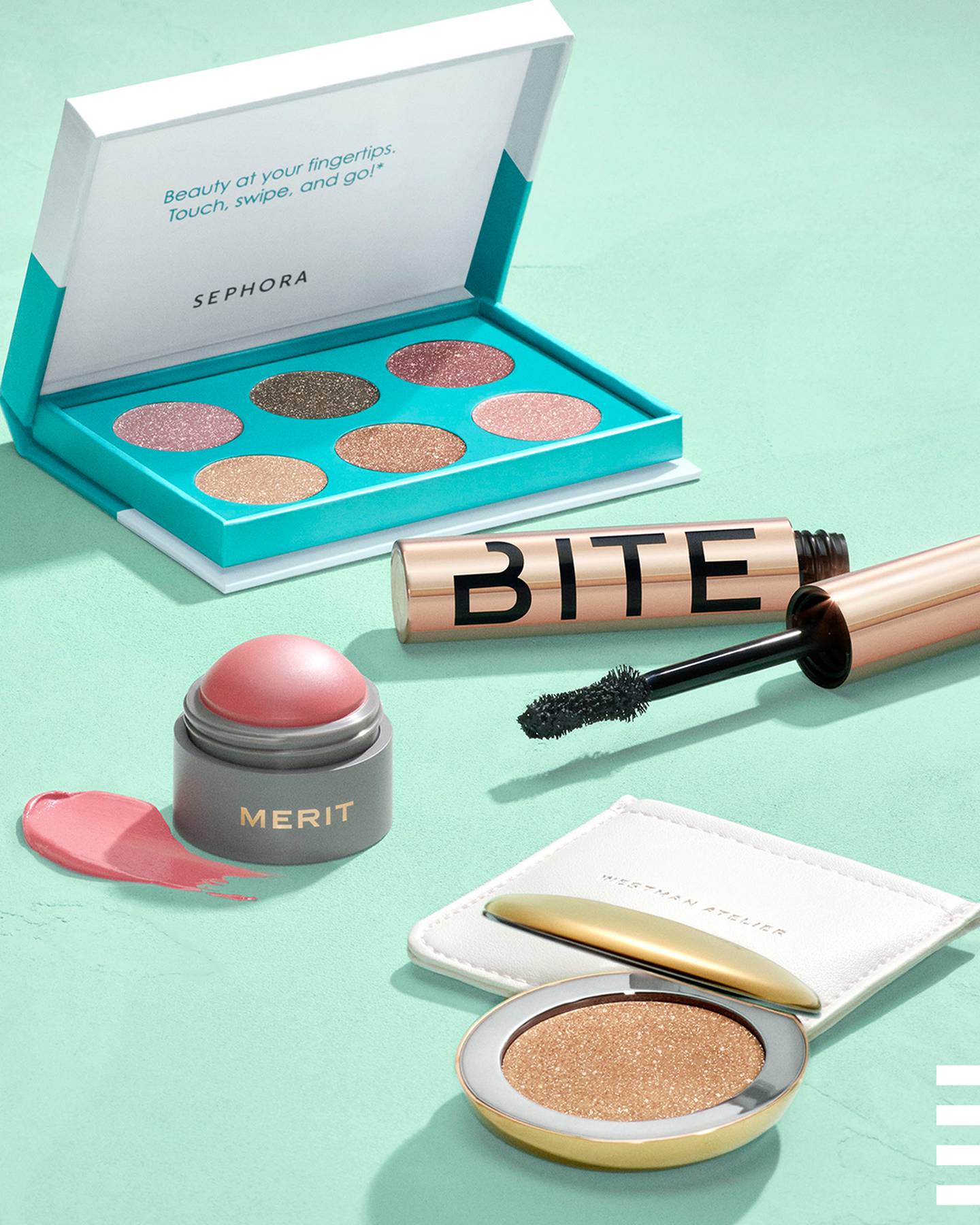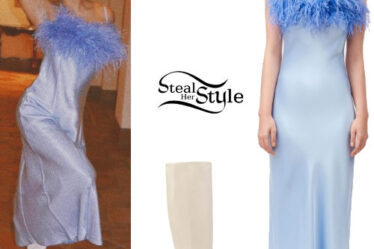
On Thursday, Sephora filed a motion to dismiss a lawsuit brought by a customer who alleges the retailer’s “Clean at Sephora” label is a form of false advertising. In a November filing, Lindsey Finster claims that the designation led her to believe some products’ ingredients “were not synthetic nor connected to causing physical harm and irritation.”
“Sephora prominently explains, in plain terms, exactly what it means by the phrase … ‘Clean at Sephora’ along with a clarifying definition that describes the kinds of ingredients that are excluded,” the company said in its filing Thursday.
The “Clean At Sephora” programme launched in 2018, as a growing number of beauty brands marketed their products as “free from” an ever-expanding list of chemicals and additives. With minimal federal regulation of cosmetics, “clean” beauty designations became the de-facto alternative for brands and retailers in the last decade. Retailers like Ulta Beauty and Target came up with their own definitions, and brands use labels like Sephora’s in marketing.
Some of these ingredients are banned in Europe but not in the US, or have research supporting claims they can irritate the skin or trigger allergies, while evidence for other entries on brands’ “free from” lists is patchy. Detractors of “clean” beauty have called attention to the unclear meaning of the word and what ingredients are and aren’t on brands’ and retailers’ lists.
Since 2018, Sephora has made yearly updates to its programme. Currently, 138 brands participate in “Clean At Sephora.” From the start, Sephora defined its “Clean” seal as referring to products that are “formulated without parabens, sulfates SLS and SLES, phthalates, mineral oils, formaldehyde, and more.” The motion to dismiss noted that if consumers want to learn more about the “Clean at Sephora” programme, they can consult individual product labels and the retailer’s full definition on its website.
In its filing, Sephora said the plaintiff was “twisting purposes to mean something other than what they say or are said to mean” and that Finster “implausibly claims to think or how she personally may use the word…in a way wholly different from how Sephora clearly states it is using it.”
Finster is represented by Spencer Sheehan, who in recent years has gained attention in the media and in legal circles for filing hundreds of class-action lawsuits against food and consumer goods companies, often alleging false advertising over discrepancies between what’s on the label and what’s in the product. In 2021, NPR said Sheehan had “almost single-handedly caused a historic spike in the number of class action lawsuits against food and beverage companies.”
Now it seems he’s turned his attention to beauty.
Sheehan did not immediately respond to requests for comment.



